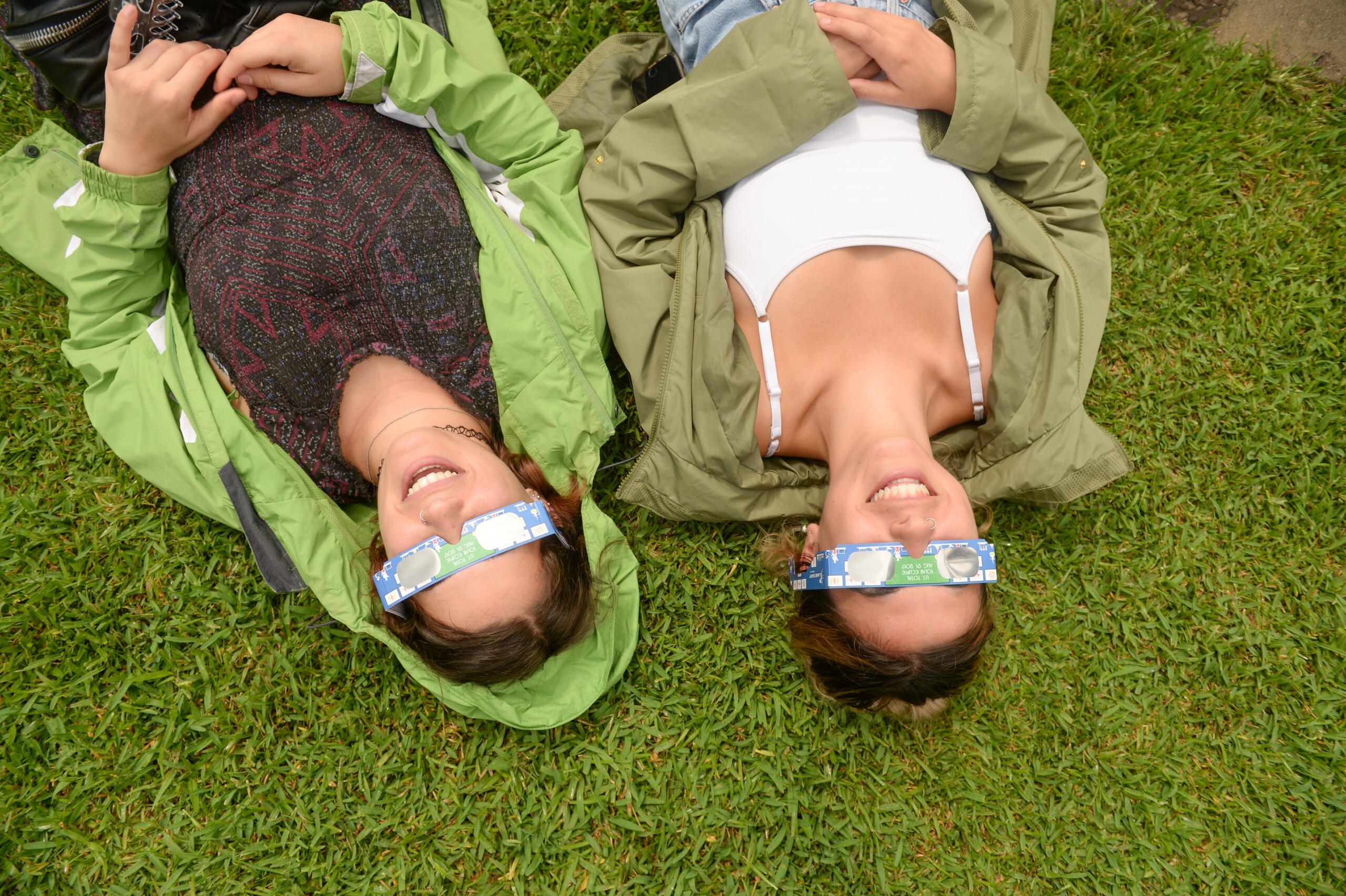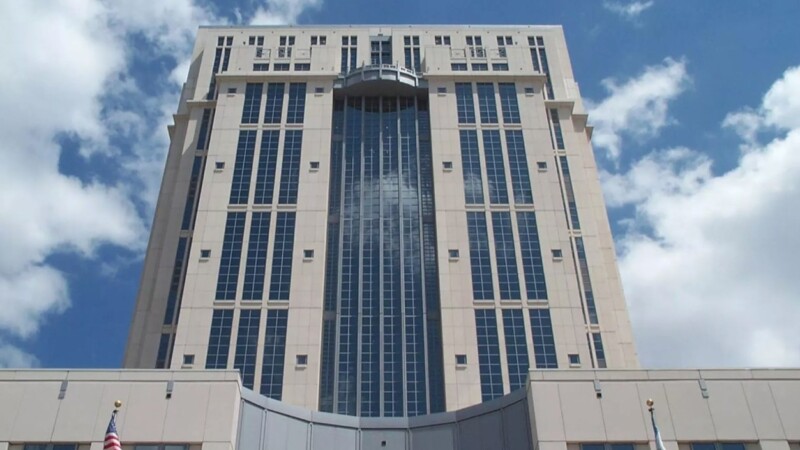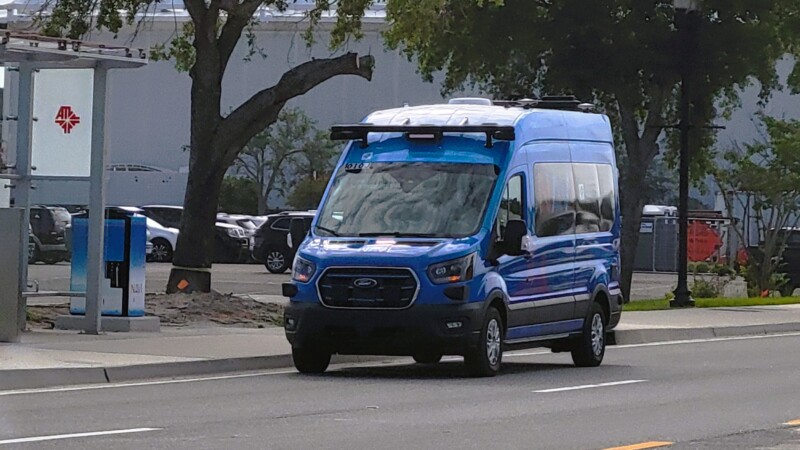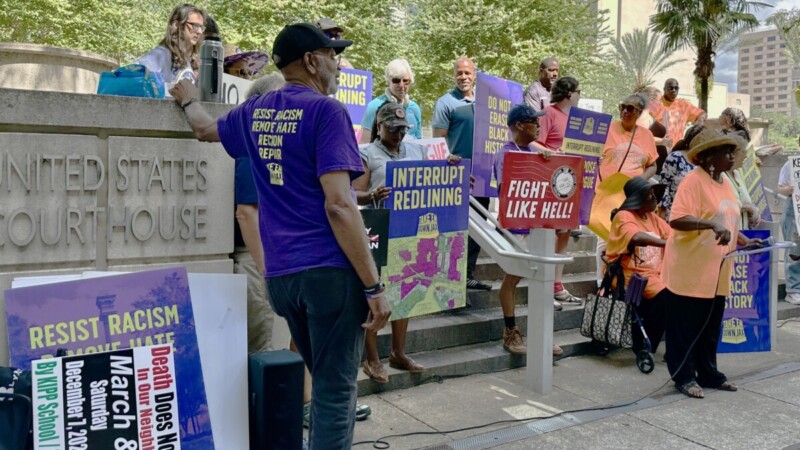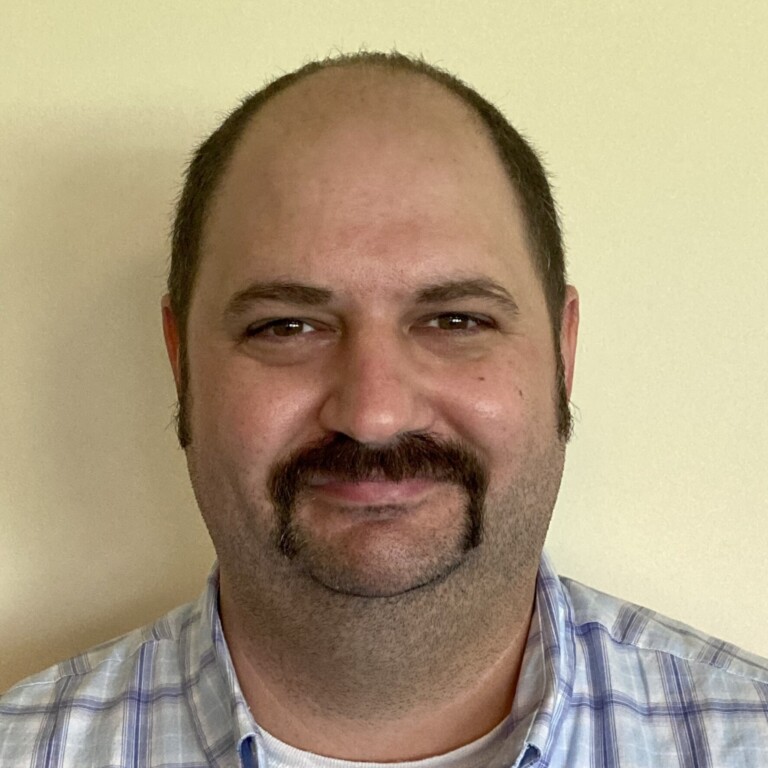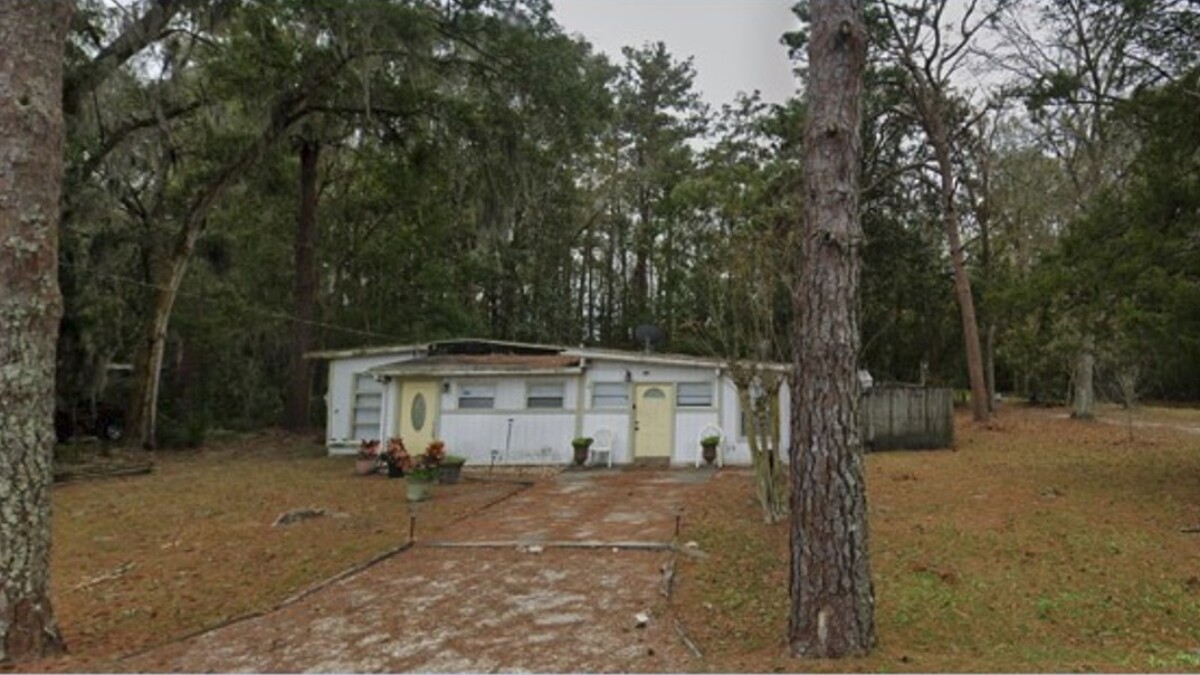A rare solar eclipse will take place over the U.S. this weekend, and in Northeast Florida, we will have a partial solar eclipse experience if the weather cooperates.
On Saturday, the moon will move in front of the sun, which will cast shade onto the Earth, causing what’s called an annular solar eclipse.
Eddie Whisler, the director of the Bryan-Gooding Planetarium at the Museum of Science and History in Jacksonville, says the Jacksonville area can expect to see about 50% of the eclipse during the peak timing, which is at around 1:15 p.m. Saturday.
“We would see, if we had eclipse glasses, the sun in, like, a crescent. It would look like a crescent with a big ole’ bite taken out of it because the moon is in the way of that sunlight,” Whisler says.
Even though peak timing in Northeast Florida will be around 1:15 Saturday, Whisler says the moon will start to overtake the sun in Jacksonville at around noon and then fully move away from the sun by around 3 p.m.
The area of the U.S. that will experience the fullest eclipse will be along the path of totality, from Oregon southeast toward Texas.
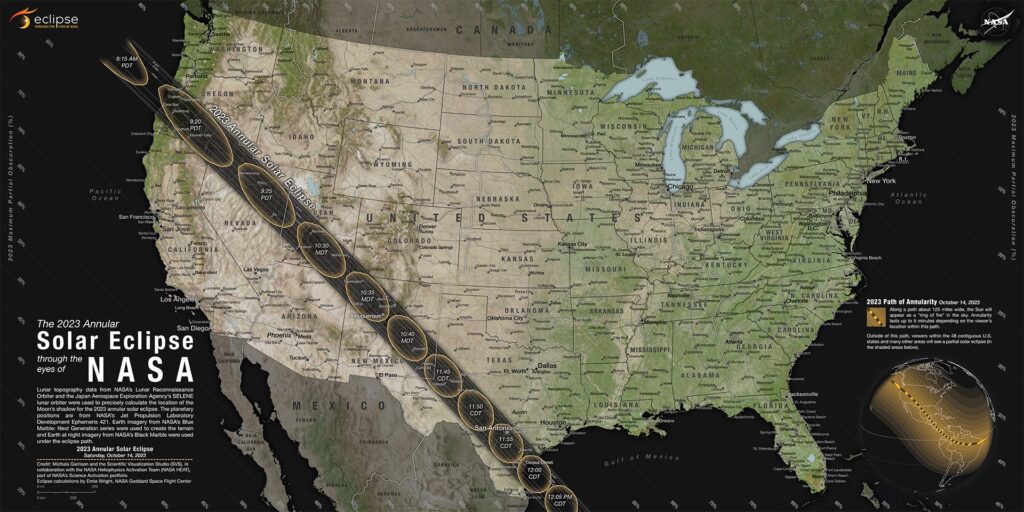
As of now, weather conditions look favorable for viewing the partial version of the eclipse here in Northeast Florida. Whisler says you need at least partly cloudy skies to view the event. As of Wednesday afternoon, Saturday’s forecast calls for showers in the morning and then partly cloudy skies in the afternoon.
But seeing an eclipse isn’t as simple as looking into the sky. Whisler says you should only use eclipse glasses, if you have them, or you can make your own pinhole projector. NASA has a do-it-yourself breakdown of how to put one together by using some simple household materials:
NASA says you should never view any part of the sun through a camera lens, binoculars, or a telescope without a special solar filter over the front or risk severe eye damage. And when you are viewing the eclipse, you should stand still and cover your eyes with a protective device before looking at the sun and turn away before removing that protection.
For those who were in Jacksonville during the last solar eclipse, in August 2017, this Saturday will be different. That’s because the Jacksonville area was much closer to the path of totality, which crossed over South Carolina.
This time around, the University of North Florida is holding a free, open-to-the-public viewing party on the UNF Green, which is adjacent to the Fine Arts Center. A limited amount of solar viewing glasses will be up for grabs, and the family-friendly event will also include safe viewing through telescopes and a lesson on building an eclipse viewer. Parking is free.
MOSH is also hosting special planetarium events on Thursday and Friday about Saturday’s eclipse and the next one in the U.S., coming up in April.
“We’ll be able to see eclipses in there. Albeit not as cool as in person, but we’re going to talk all about it and we’ll be able to even go a little deeper as to how eclipses play a scientifically important role in history, and currently to help us learn deep understandings about the universe,” Whisler says.
The next eclipse for the U.S. will be on April 8th, and Whisler says Jacksonville’s position will offer a similar viewing experience as this Saturday’s.
The next time Jacksonville will see a near-total solar eclipse will be in 2045. That’s when the path of totality will cross just south of Jacksonville and will cover Orlando.


